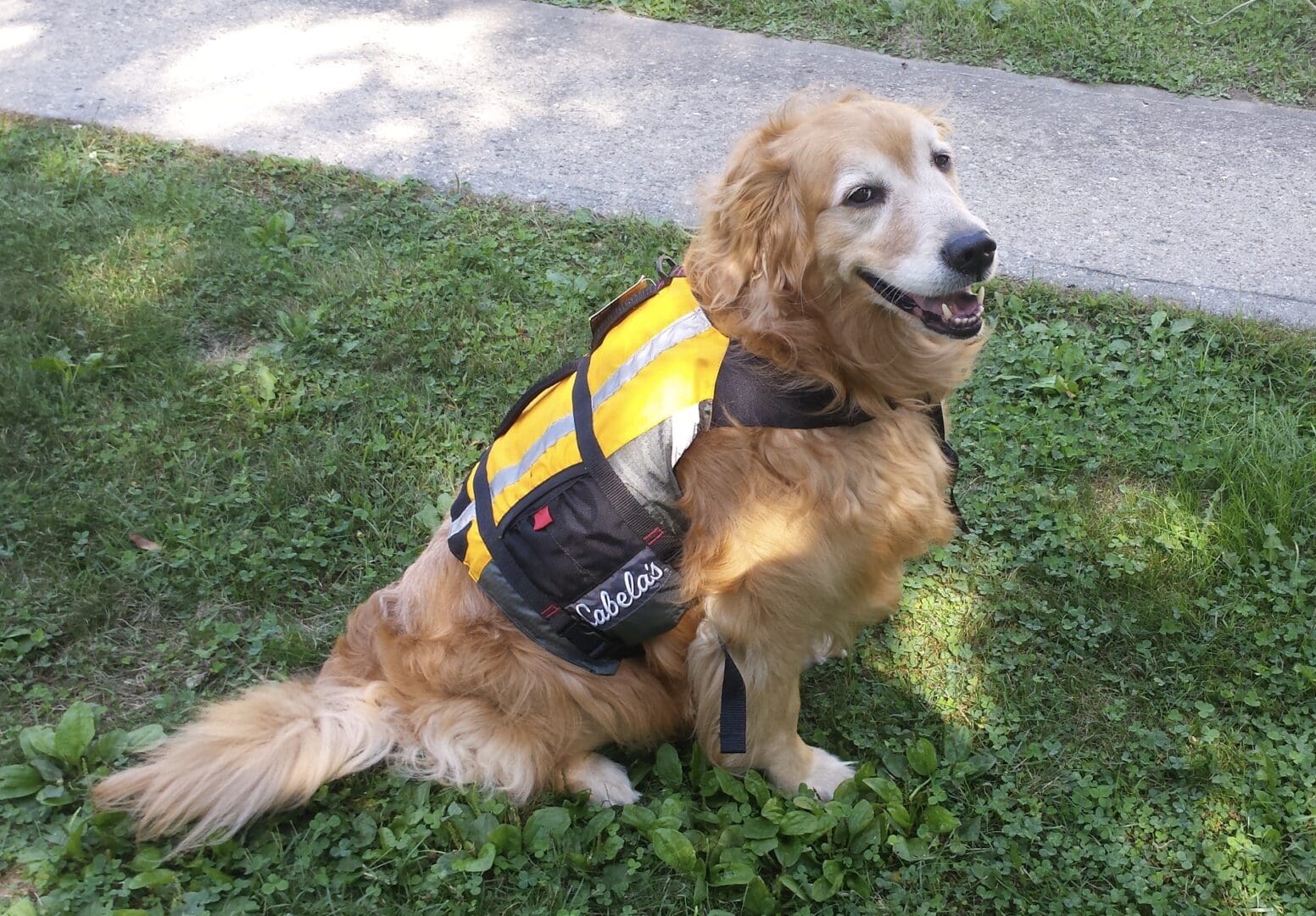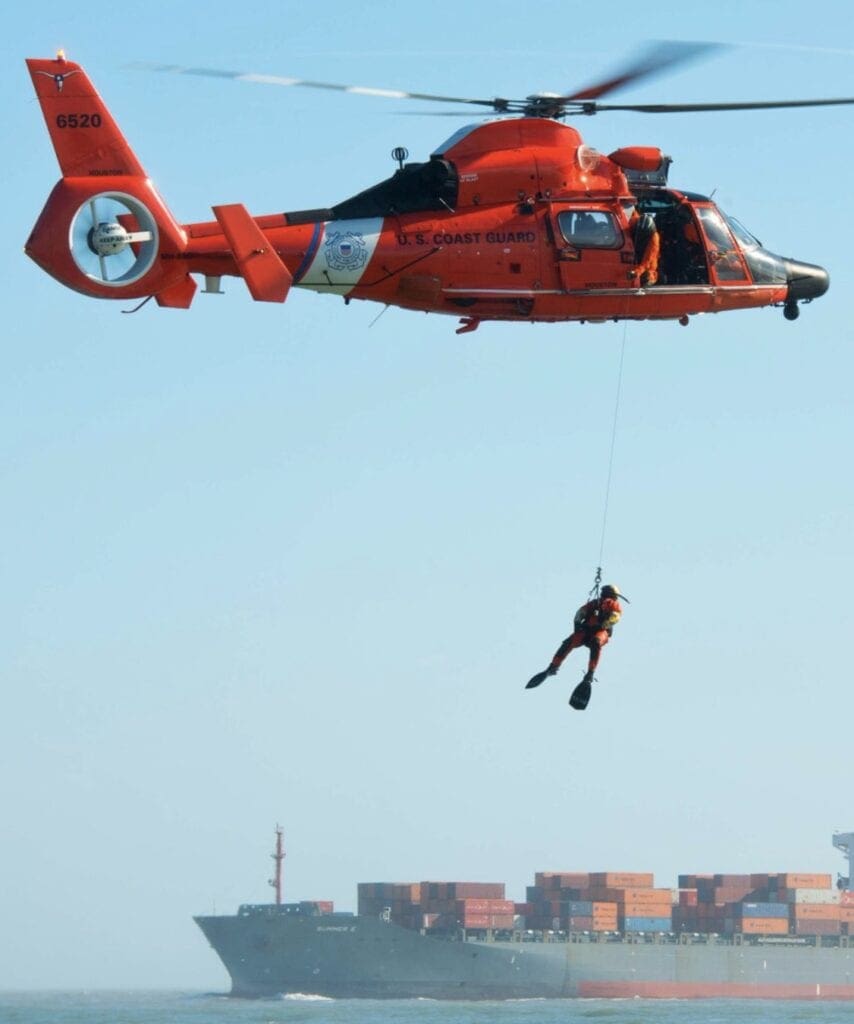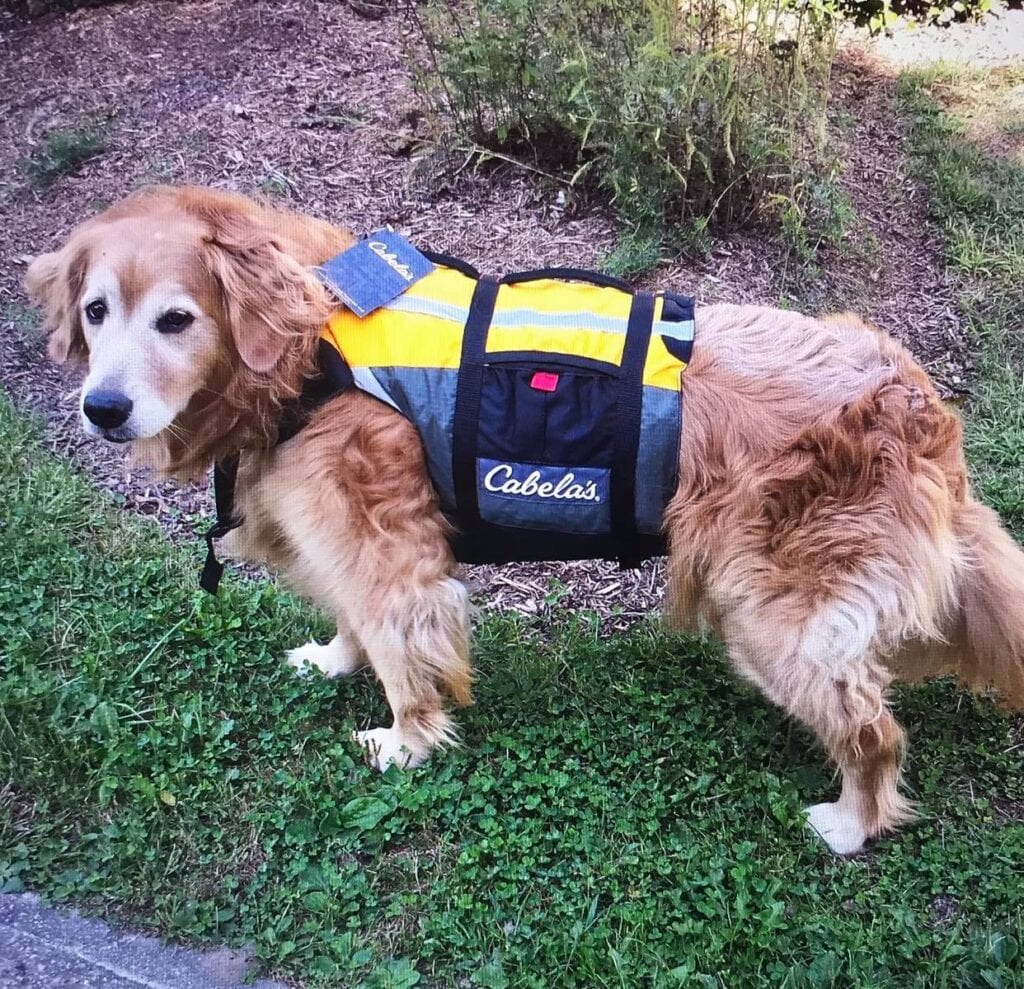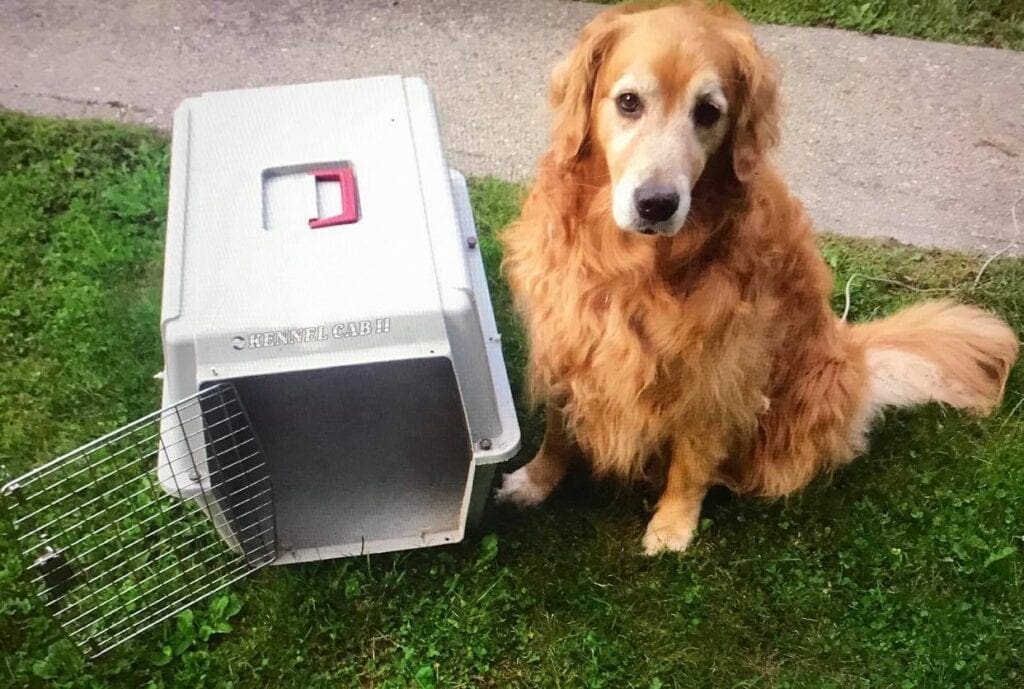Search Posts
Recent Posts
- Detailing Manhattan: Christopher Gray’s Legacy – David Brussat April 26, 2024
- Business Beat: BankNewport supports Kids’ Zone at new Save The Bay Hamilton Family Aquarium April 26, 2024
- Rhode Island Weather for April 26, 2024 – John Donnelly April 26, 2024
- GriefSPEAK: Dread. Fear. Welcome relief. – Mari Nardolillo Dias April 26, 2024
- Outdoors in RI: big animals, tiny Ticks, huge Trout, Chepachet’s Harmony Railway, 2A – Jeff Gross April 26, 2024
Categories
Subscribe!
Thanks for subscribing! Please check your email for further instructions.

Pet Preparedness
by Jeff Gross, contributing writer
Photos: Our author’s Jada
In a year of growing disasters how many of you are prepared to abandon ship and take your pets with you – in the blink of an eye. Even though prepared it would take this writer about 30-60 min for a complete evacuation. That being said, now is the time to prepare.
Like firearms, if you don’t need them fine, but if you do and you don’t have them it is too late. During calamities pets often endure the most stress. Often being left behind for unknown reasons, it is really quite easy to be prepared to transport your loved ones with you in a time of crisis. I am not talking about strapping your pup in a crate on the roof of a car in Mitt Romney style. Having them inside your vehicle is a must. Having a carefully thought out, methodical checklist is in order:
A travel crate with a carry handle is a must for a cat or small dog. The handle allows one to grab the crate in a hurry if the need to run arises. There are a variety of styles. I always used a plastic kennel as they break down easy for storage and also clean easily. Mark the crate ahead of time with your contact info that has more than one emergency cell phone number. Write it directly on the crate with a Sharpie as tags/labels pull off in a crisis. This will make it easy to reunite you with your pet if you become separated.

Wire crates are not recommended unless you have no choice. Wire crates often act as a trap. Have at least 7 days’ worth of food for your animal. I remember when the “Chinese virus” hit all too quickly, I found it difficult to find my Golden Retriever’s dry dog food at the store. Expect shipping problems that impact all kinds of products and essentials.
Make sure there is at least a 14-day supply of pet medication, if your loved one requires special meds. During the latest crisis, you’ll remember that Vet offices were among the first to shut down. Bones or other chewing toys are important, too. My Golden Retriever, Jada, will chew rubber bones like mad as a stress reliever. Important in a crisis.
Clean water is important. Depending on the size of your pet, 2 gallons per week may be needed. Over the next week or two, keep a record of how much water your furry friend drinks and that will indicate how much water to have on hand.

Leashes are important during a crisis. Have three on hand one may even want to tape one to the travel crate. Some hand and/or bath towels are a good idea, too. Like humans, pets can succumb to hypothermia as well, towels will allow you to dry them off quickly in the event they get somehow into the water. Speaking of water, you folks with a large dog like mine should have a life vest for your pup.
Large breeds most often travel without a crate. Cabela’s makes many nice ergonomic vests. My Jada has one that is bright orange in color with reflective stripes – makes it very easy to spot from a helicopter. It also has a heavy-duty handle to pick the puppy up like a piece of luggage. Remember in an emergency your dog is as panicked as you are, especially if they are immersed in flood waters. In that scenario, seconds count and pulling the pup right out of the water in one motion can make all the difference in life or death. I consulted with a friend of mine, CDR. Dan Taylor USCG (Ret.) and confirmed that helicopter crews will indeed airlift dogs along with their owners and have specific authority to make that decision during a crisis. They want to save all lives! Dan once saved/airlifted a large Rottweiler dog and his owner (in the dark no less) and the dog was appreciative as it was very docile in the USCG HH65 Helicopter cabin. The HH65 has a very small cabin. A Rottweiler will take up a large portion of that space. I believe and have seen evidence that animals know when a human is doing them a great deed.

After you finish reading this go ahead and make a check list of all the needed pet items. Do it now. The USCG taught me well and a checklist is always a great place to start and it is never too early to start as this is 2020!

Jeffrey “Jeff” Gross spent 21 years as an Analytical Chemist at the USCG R&D Center in Groton, Connecticut, Woods Hole Laboratories, and Helix Technologies. Changing careers is a “great learning experience for everyone”, Jeff says, and I’m an avid outdoorsman and conservationist, a student of the sciences, and the world. The US holds too many wonders not to take a chance and explore them”.
Jeff is a Model Train and Railroad entrepreneur. Proud Golden Retriever owner. Ultra strong Second Amendment Advocate and Constitutionalist. “Determined seeker of the truth”.
Jeff is a RIFGPA Legislative officer, Freshwater Chairman, NRA Liaison, FRISC Delegate.
His subjects include Outdoors, Second Amendment, Model Railroading, and Whimsical.
